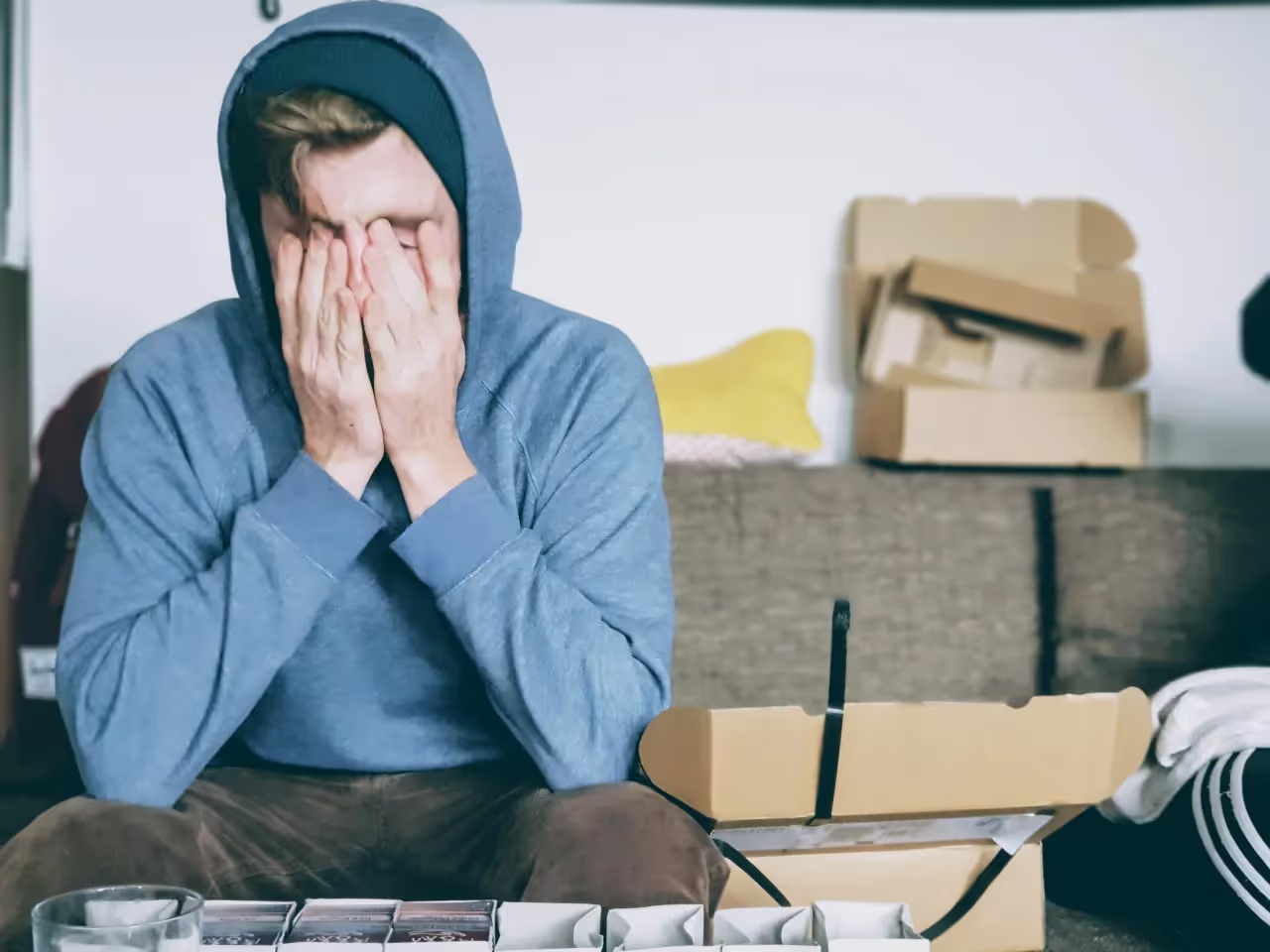Anxiety is a normal feeling that is triggered by certain situations. It can make you feel uneasy, but it usually passes after a while. In some cases,...

Anxiety is a normal feeling that is triggered by certain situations.
It can make you feel uneasy, but it usually passes after a while.
In some cases, however, this feeling can last longer than it should.
When you have an anxiety disorder, you experience persistent and excessive anxiety in certain situations.
There are many different anxiety disorders, and they can range from mild to severe.
Each type of anxiety disorder has its own unique symptoms, as well as its own treatment options.
When you have an anxiety disorder, it is important to identify it so that you can start the process of recovering.
Knowing the different types of anxiety disorders can help you get a better understanding of your condition and your treatment options.
Let's take a closer look at these types of anxiety, as well as their symptoms, causes, and treatment.
Generalized anxiety disorder is the most common type of anxiety disorder.
About 3.1% of the U.S. population lives with this condition.
People who have generalized anxiety disorder often experience constant worry and stress about everyday life events.
They may also have physical symptoms, such as restlessness, nausea, chest pain, and headaches.
Some people may experience panic attacks at random times throughout the day or night.
People with this disorder often have a difficult time handling uncertainty and an inability to let go of worry.
Obsessive-compulsive disorder (OCD) is an anxiety disorder that involves intrusive and unwanted thoughts.
These thoughts can lead to a fear of harm coming to oneself or others.
This results in obsessive and compulsive behaviors, such as constantly checking things over and over again.
For example, someone with OCD may constantly check if the doors are locked or if they turned off the stove.
It can also lead to repetitive behaviors like hand washing, excessive grooming, or hoarding.
Symptoms may include:
• Unwanted and intrusive thoughts
• A sense of dread
• Beliefs that one's physical health could be at risk
• Worry about being contaminated

Panic disorder is one of the most common types of anxiety disorder.
People who have this disorder experience intense and unexpected panic attacks.
These panic attacks can cause some physical symptoms like chest pain, shortness of breath, dizziness, nausea, and other sensations.
A person with panic disorder might also worry about when the next attack will happen or if they will be able to control it.
When someone has had at least two or more panic attacks in a four-week period and fears another attack, they may then have a diagnosis of panic disorder.
Panic disorder may be treated with therapy, medication, or both.
Post-traumatic stress disorder (PTSD) is a type of anxiety disorder.
It is triggered by an event or series of events that made you feel intense fear and helplessness.
The time frame when these events take place varies and can happen at any age.
Symptoms of PTSD may include:
- Recurrent and unwanted memories about the event. These memories can be in different forms such as nightmares, flashbacks, or thoughts about the event.
- Avoidance of anything that reminds you of the event. You might avoid situations that are similar to what happened during the event, even if it was something good like a celebration or going out with friends.
- Feeling on edge or jumpy, feeling numb, difficulty sleeping, irritability, having trouble concentrating or remembering things.

Social anxiety disorder (SAD) is a type of anxiety that makes you feel extremely afraid in certain social settings.
It can be hard to talk to other people and have conversations, which can make this condition difficult to manage.
When you have SAD, you may experience physical symptoms like nausea and dizziness, as well as emotional symptoms like feeling nervous or self-conscious.
Living with social anxiety can make individuals feel isolated, and it can be difficult to form or maintain relationships in work or social settings.
Anxiety is a feeling of worry, nervousness, and unease about an upcoming event.
It is the body's response to a perceived threat.
Anxiety disorders are classified according to the type of fear they involve: panic disorder, post-traumatic stress disorder, obsessive-compulsive disorder, and social anxiety.
Treatment may include therapy, medication, or both.
Anxiety disorders are the most common mental illness in the United States.
If you have an anxiety disorder, it is important to get treatment right away.
There are many different types of anxiety disorders and treatments available to help you live a more comfortable life.
It's important that you feel comfortable discussing personal matters with your therapist in order to open up and get more out of therapy sessions; therefore finding someone who meets certain criteria like experience level, expertise areas, and personality is key when selecting a therapist who can give meaningful feedback about how best handle issues related to anxiety or other mental health concerns.
Yes, Medicaid provides insurance coverage for therapy services specifically designed to help individuals struggling with anxiety, depression, and other mental health conditions.
The duration of anxiety counseling varies for each individual, depending on the severity of their anxiety and their progress in therapy. Our therapists will regularly assess your progress and adjust your treatment plan as needed.
Addressing anxiety is crucial because it can significantly impact your quality of life and overall well-being. Left untreated, anxiety can lead to more severe mental health issues, relationship problems, and difficulty functioning in daily life.
Ignoring anxiety can exacerbate symptoms and make it more challenging to manage over time. This can result in a negative impact on your personal, professional, and social life, leading to feelings of isolation and even depression.
To reduce your anxiety, you can practice relaxation techniques such as deep breathing, progressive muscle relaxation, guided imagery, and mindfulness practices. Additionally, regular exercise has been found to be beneficial in managing stress and improving mental health.